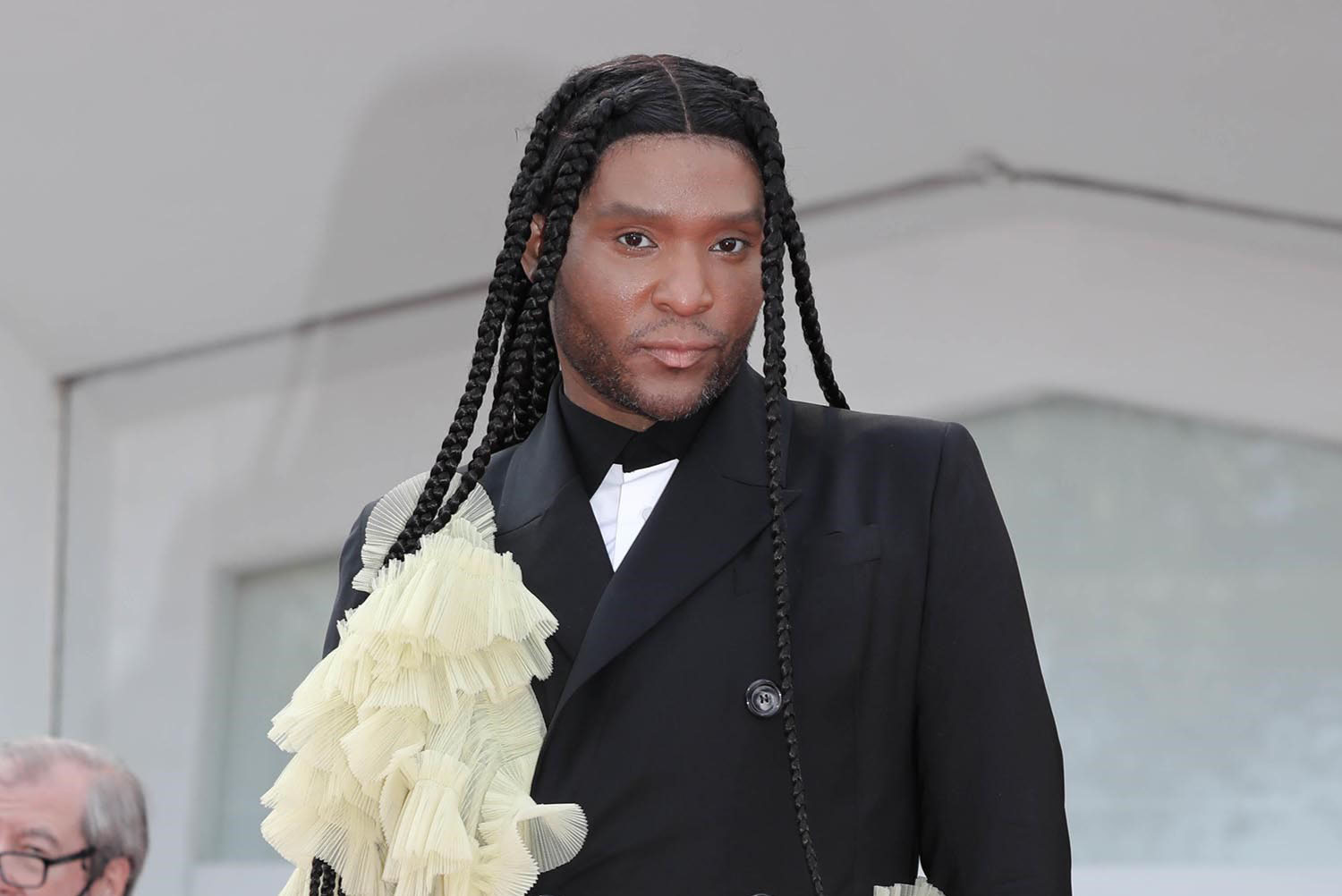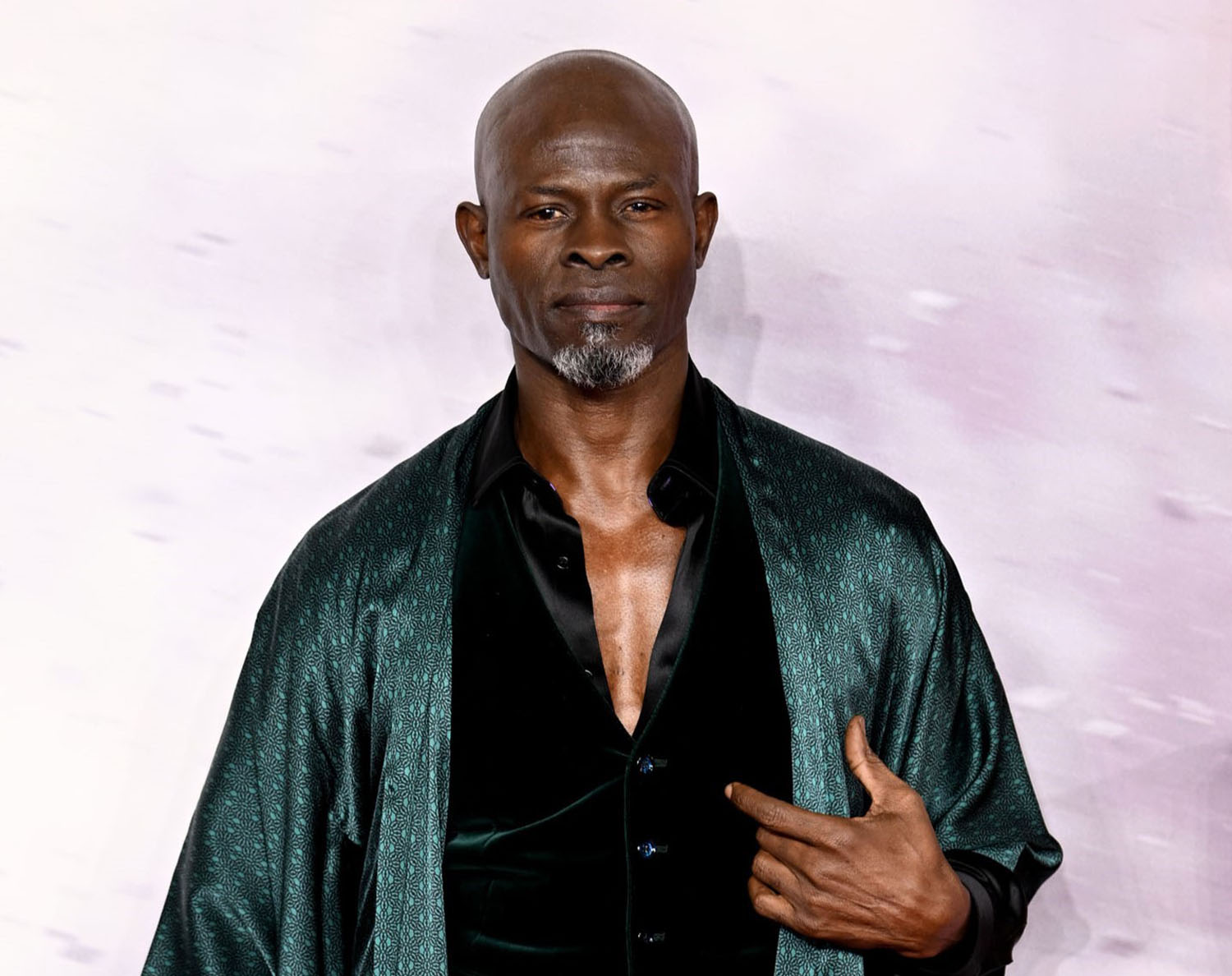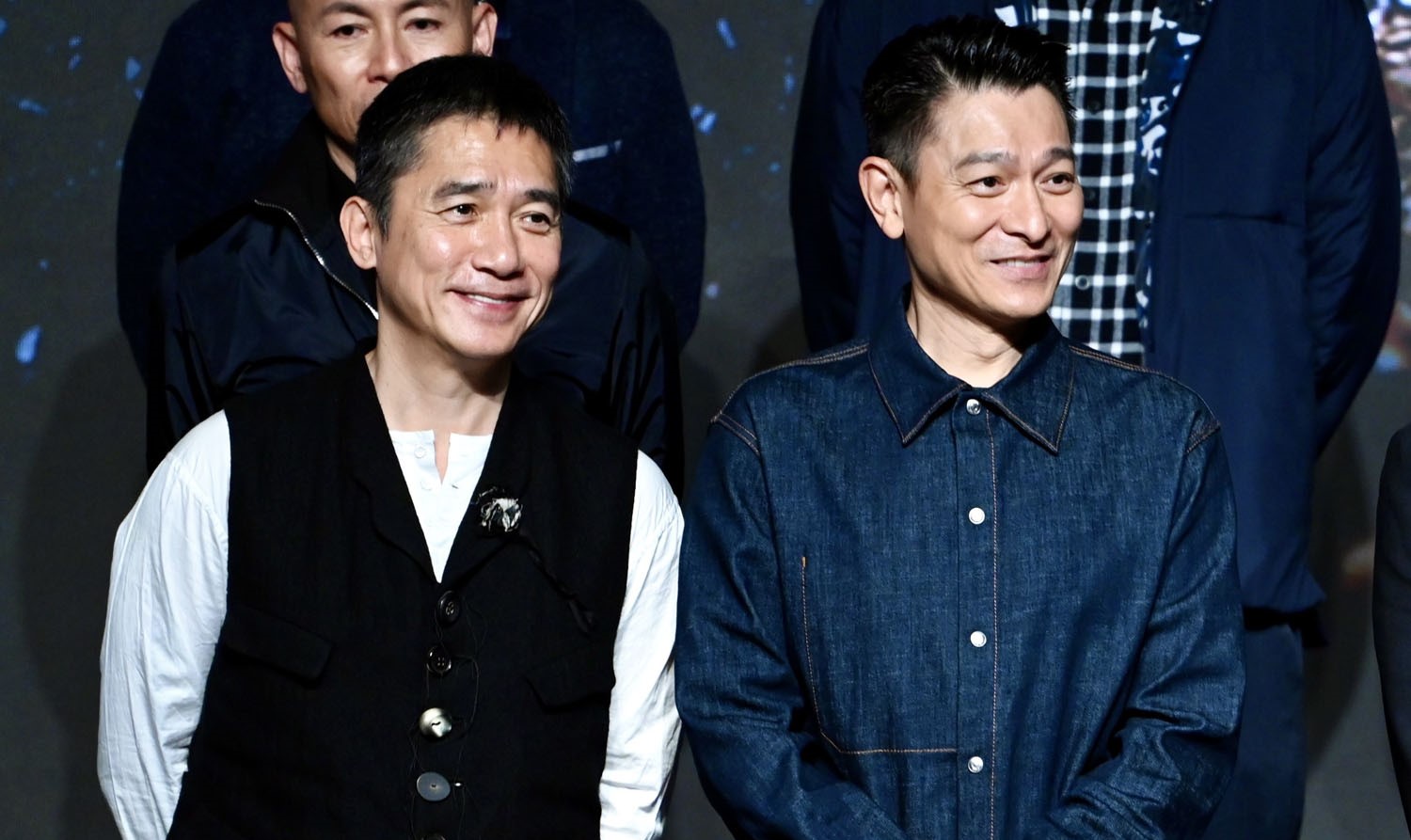Law Roach Spills the Tea



The biggest story after the Oscars last week was that Law Roach announced his retirement. In the immediate aftermath, Zendaya was the big question – whether or not they would continue working together. Law modelled at the BOSS fashion show in Miami and then clarified that he and Z were ride or die and then, after addressing that main concern, he sat down for a long, detailed interview with Lindsay Peoples for The Cut to explain his decision. Law spills a lot of tea here, and while he’d been burned out for a while from a decade of non-stop image architecture, his experience working with an actress and her team for the Vanity Fair Oscar party was, as they say, the straw that broke the camel’s back.
Law Roach says the final straw that made him retire from celebrity styling happened on a call with a client he dressed for the Vanity Fair Oscars Party.
— Mikelle Street (@MikelleStreet) March 17, 2023
(note: he did not dress Zendaya for that event as she didn't attend.) pic.twitter.com/D6jnQyN4YR
Law styled six people for Vanity Fair. We know of five of them: Kerry Washington, Megan Thee Stallion, Hailee Steinfeld, Eve Jobs, and Hunter Schafer. None of these five were an issue. The sixth person is the mystery. And he elaborated on Twitter:
I really wish you guys would gotten to see the 6th look that I did for VF ….
— LAW ROACH (@LUXURYLAW) March 18, 2023
So much was going on Ithat I didn’t get to post about it. My last client didn’t make the carpet
— LAW ROACH (@LUXURYLAW) March 18, 2023
Her dress vintage Galliano dress got stuck in the car door and completely ripped and expose the lady parts
— LAW ROACH (@LUXURYLAW) March 18, 2023
It was so good
— LAW ROACH (@LUXURYLAW) March 18, 2023
But I wish the collaboration never happened…..
— LAW ROACH (@LUXURYLAW) March 18, 2023
Now everyone’s trying to work out who it is. But the gossip is bigger than her identity because what’s most insightful is how Law describes the miscommunication between him, her, and her team.
“And that’s how we lose clients as stylists — somebody from a brand will say something to the publicist, then the publicist will say something to the client, and then, it’s this thing. I thought I had a really strong relationship with this client, and I thought that she knew that my goal always is to protect my clients.”
This doesn’t just happen on the styling side of things either. It can be an issue across all relationships between the stars, their managers/publicists/agents, and other people in the industry, from directors to producers to other talent to the media. Oftentimes it’s the representatives who sabotage opportunities; it could be that they’re worried that others will have more influence on the star than they do, which might cut into their percentages; it could be that they’ve worked out a deal on the side and don’t want to reveal their ulterior motives; it could be that they promised something to someone else in exchange for an advantage on their end and don’t want to reveal their motives. The point is… this happens ALL the time, the backstabbing, the double agent-ing, and it’s not unusual for the celebrity at the center of it to be totally unaware, but they ultimately pay the price – on reputation and advancement, in this case, as we all know, the power of a great look and what that can do for a career.
Law gets more specific about this when he talks about Priyanka Chopra and her comments a couple of weeks ago about how hurt she was when someone told her that she wasn’t “sample size”. Law and Priyanka have been working together for a few years, since before the pandemic. And when he’s asked about the breakdown of their relationship and those “sample size” comments/accusations, he goes back to the behind-the-back chatter of the agents and representatives:
“I’ve never had that conversation with her, ever. So again, it is her gatekeepers, how they presented what I said to her to make her feel that way. And if that made her feel bad, that wasn’t — it was taken out of context.
But I’m sure it was taken outta context to get her to be like, “Oh, okay, I’m not working with him no more. He’s insensitive to my body.” Which I’m like, “How is that possible? I’ve been dressing you for literally pre-pandemic, and it’s been nothing but great things.
I think sometimes what it is with them is that they have an agenda and I need to be the bad guy because I’m the one who’s dealing with the clothes and the body.”
It’s true, they do have an agenda. In Hollywood, everyone has an agenda. And while Priyanka’s people might have a different version of events for how it all went down, I can tell you from all these years observing the entertainment industry and being part of it myself in Canada as an on-air reporter… this is standard practice, the competing interests, the double-talk, and when it comes to clothing, everyone seems to think they have just as much f-cking say as the person arranging the clothes and the person wearing them. Especially people who, really, have no business weighing in on style.
And we haven’t even gotten to the part yet when Law describes a situation in which an actress who specifically wanted to work with him because it was her goal to be a “fashion girl”. But then her team presented a list of five stylists that did not include Law and they told her, “These are the five people that if you really want to have a career in fashion, you have to work with one of these five people.”
You can imagine what those five people had in common. These people are supported by what Law calls the “gatekeepers”, mostly white women, and they keep circulating around and around and over and over again, keeping the gates closed to those like Law and specifically other stylists of colour who aren’t part of the institution. As Law says:
“If we use the Oscars as an example, right? So every year, the industry knows the girls that’s gonna have a movie that’s gonna be in the running, right? Those girls, when they come in, like especially when it’s their first film and they’re new or whatever, they come and they’re automatically introduced to one of the ten. To be a stylist at my level, you have to be able to work with one of those type of girls. That doesn’t happen for Black stylists. You could look at the landscape, and you can look and see the Black stylists that were able to reach a certain height, it’s because of Black talent.”
He's not wrong. Because when he adds later that:
“Like, look at everybody who was nominated and all that, and see who the stylist was, and then go back and look last year, and see everybody who was nominated, who the stylist was. It’s the same group. It’s the same group of women.”
You can easily figure out who he might be referring to. I stayed at the same hotel that Cate Blanchett and Jessica Chastain stayed at the night before the Oscars and saw them both by the elevator bank. Their stylist is Elizabeth Stewart. Who also works with Julia Roberts, Sandra Bullock, all of them Oscar winners. She also styles Amanda Seyfried, who just won big on the television side for her work in The Dropout.
Law is making the point here that even though he and other Black stylists want to work with more Black talent and have prioritised it, the way it works in the industry is that Black stylists – even him! – don’t get respect and referrals until they have white clients. Still, when they do get the referrals, they’re expected to take a lower rate – even him!
I keep emphasising “even him!” because…well… we all know what he can do. We’ve all had our wigs snatched because of what he can do. And in spite of that he still fighting with these people to justify his fee instead of being paid what he’s deserved and getting the f-ck out of his way. Let the man work!
That, really, is the big takeaway here that can be applied to every line of work, and not just celebrity styling. It’s the f-cking distraction, and the obstacles, that prevent people from just doing their jobs and doing them well. That is one of the consequences of racism, per Toni Morrison who said that, “The function, the very serious function of racism is distraction. It keeps you from doing your work”.
That’s the point that Law is trying to make here – and it’s why he’s moving on. But what does that look like? Well in the short term… no Met Gala. Which is a big loss for the Met Gala, frankly. It will not, however, be a loss for Zendaya. Law confirms here that he will still have a voice where Zendaya is concerned:
“But I don’t have to style Zendaya to be a part of her team and her creativity team, right? So maybe if I choose, you know, not to be her stylist, I can still be her creative director and I can still, you know, manage a stylist or however I choose to do it. I haven’t made a decision. She’s giving me the grace to be able to make that decision because we really have a kinship. Like, you know, we’ve grown up together. And that’s all I ever asked, was for people who I worked so hard for to just give me grace when I need it.”
She’s letting him decide how involved he wants to be in her style strategy going forward. Which, to me, basically means that there’s no need to worry. Z and Law will still keep serving. And everyone else will be watching on the sidelines realising too late that they could have had a piece of that.
As for all the gossip about him and Zendaya at Louis Vuitton and what happened at the fashion show recently with his seat, Law downplays the situation but … he does answer the question about Dior and how he was uncredited by Dior around the time that they signed Anya Taylor-Joy. This is what I wrote about last week with the legacy brands their legacy processes, people in-house who are threatened by someone who didn’t come up the way law did and improving upon the jobs they’ve been doing since forever. Gatekeepers often aren’t interested in progress, they’re there to uphold the status quo. Which is why they’re so worried about disruptors like Law Roach.
It's a great interview, full of unfiltered insight into the business. Click here to read the full piece at The Cut.

